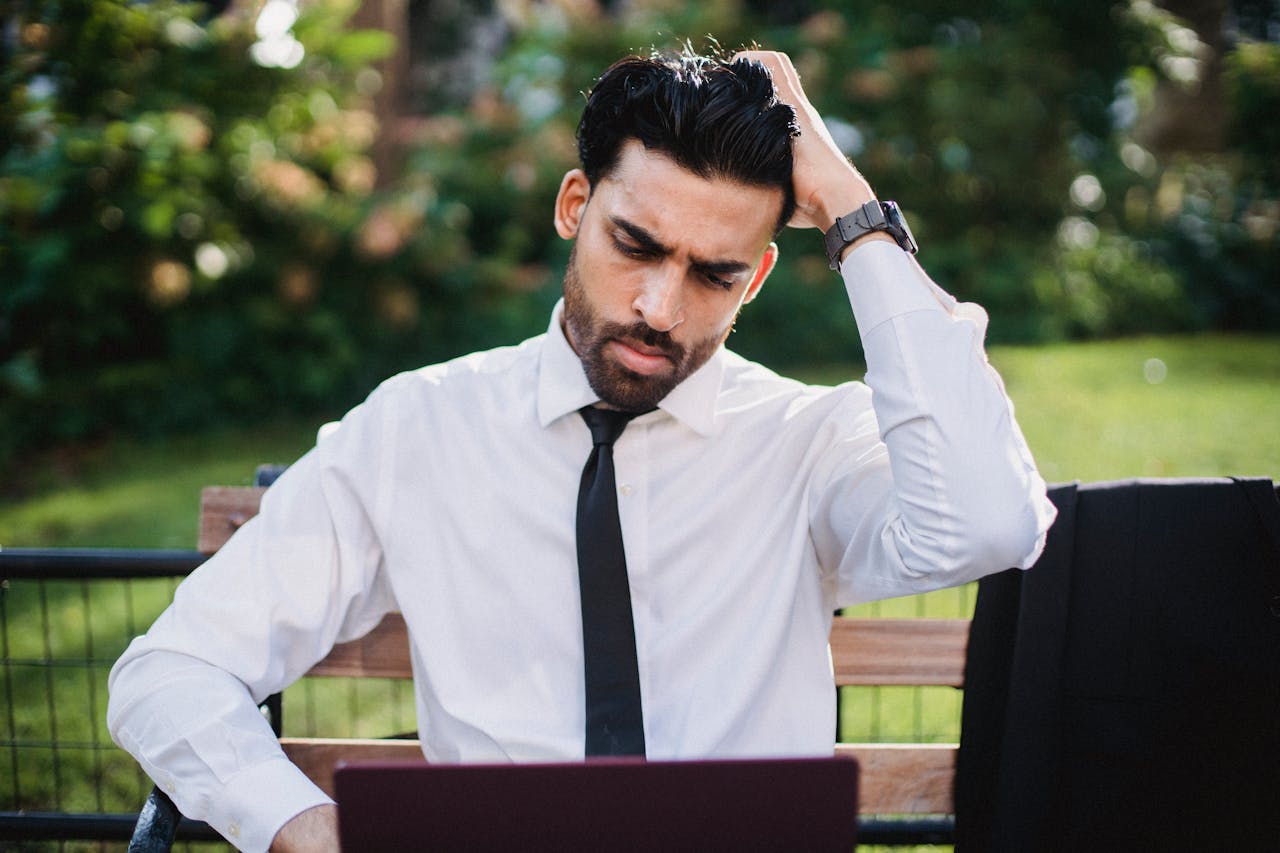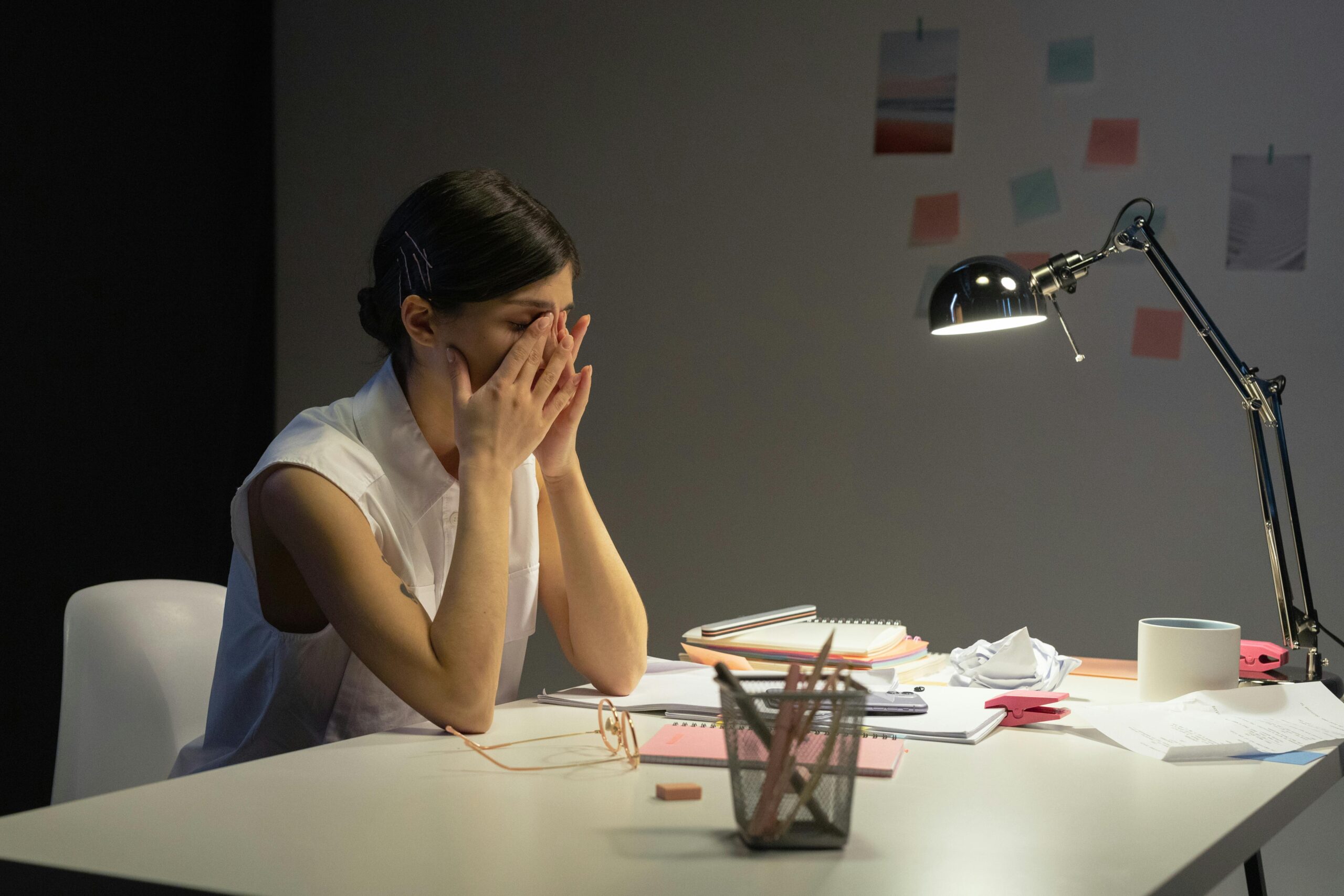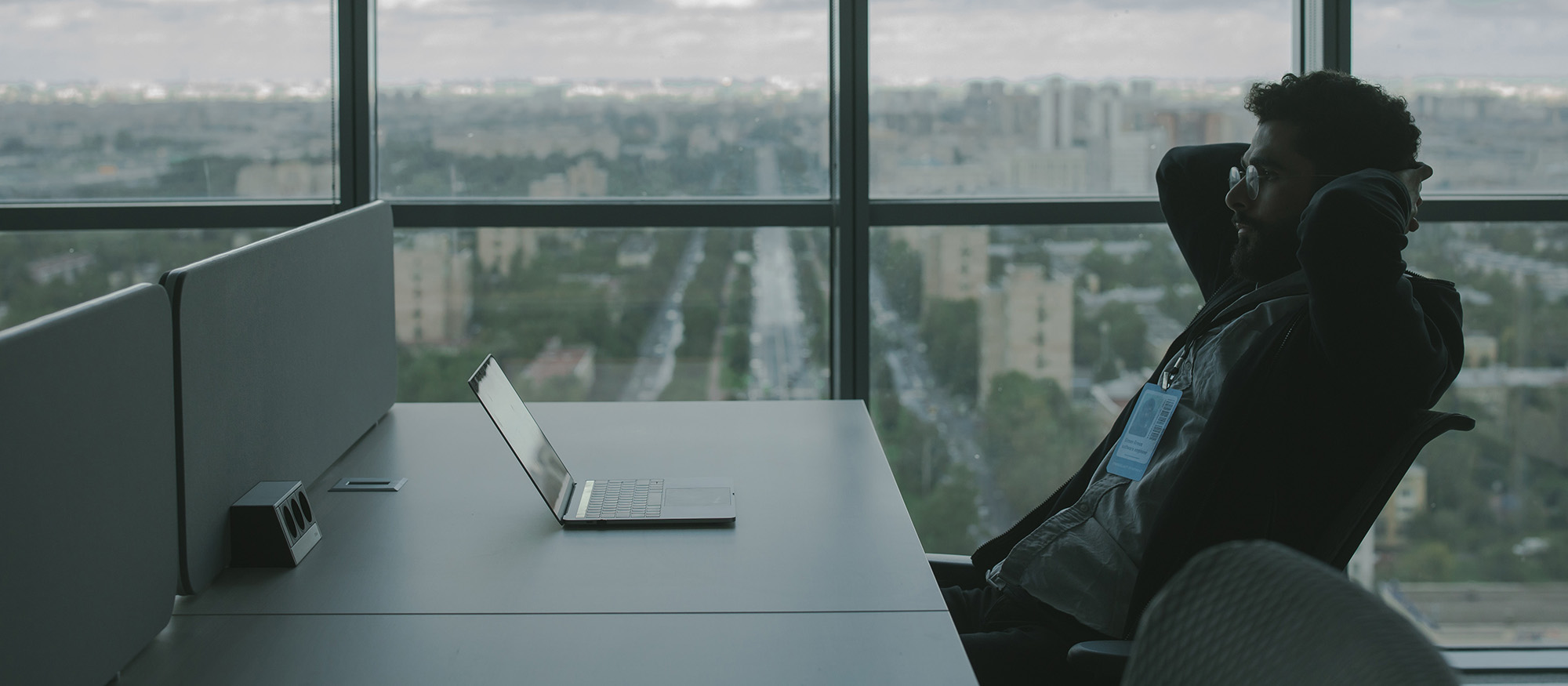Stress and anxiety dramatically reduce an individual’s ability to make decisions, to concentrate and be creative. Stress-related mental health problems are on the rise across the UK and indeed across the whole world. Stress also has an impact on our physical wellbeing.
The increasingly blurred boundaries between our work and our private lives, exacerbated by technology, has resulted in an ‘always on’ culture that is having a major impact our personal levels of stress and anxiety.
Here’s some top tips for reducing stress and being more resilient to stress, taken from our most popular workshop for employees, “Reducing Stress and Enhancing Resilience”:
Regular Mindfulness
Mindfulness is one of the best tools we have for reducing stress and anxiety. It helps us to process our thoughts and emotions, switches down the stress response system and gives us a chance to be calm. Regular mindfulness meditation increases the ability to plan, to make decisions, to be creative, to concentrate and also enhances the memory. Crucially, it also helps to moderate stressful emotions such as fear, anger, sadness, shame, embarrassment, frustration, irritation, guilt etc.
The Mindfulness UK app is a great companion for learning and practicing mindfulness.
The Introduction to Mindfulness workshop is an experiential session that shows employees how to use mindfulness to improve mental wellbeing. We also offer comprehensive mindfulness courses and mindfulness drop-in sessions in your workplace.
Take Regular Breaks
Taking breaks throughout the working day is vital for reducing stress. Take a few minutes every couple of hours to stretch out tension your shoulders, arms, chest and legs, and take a few deep breaths.
Take at least 30 minutes outside the office between the hours of 11am and 2pm and get some daylight. Daylight helps to boost serotonin levels – vital for wellbeing and resilience. Leave your phone behind if you can and make this middle of the day break a calm one. Take some time in a park or natural space to watch the world go by, or go for a lunchtime walk, listening to the “Mindful Walking” recording on the Mindfulness UK app.
Take regular breaks from other people, especially if you’re an introvert! Introverts get energy from being alone and are more resilient to stress if they get daily alone-time. Extraverts get energy from being around others, but also benefit from alone time. If you’re an extravert, try to get a couple of hours of alone-time every weekend, but make sure you socialise on a regular basis. Extraverts can feel low if they have too much alone time.
Digital Detox
Take regular breaks away from technology – phones, tablets, laptops, computers, televisions and any other digital screens #digitaldetox
An hour before bedtime, switch off all devices and have some low-light calm time. Once a week, try to leave all your devices at home and go out without them for a few hours. Regular screen-free time can calm the mind and enhance our resilience to stress.
Regular Exercise
Physical exercise is great for reducing stress and enhancing resilience to stress. Exercise sets off a whole set of neurotransmitters in the brain which make us feel well and positive. Ideal forms of exercise are brisk walking for 45 minutes, jogging or running for 25-30 minutes, swimming for 20-30 minutes, or cycling for 30-45 minutes. Do these exercises a few times per week. Muscle toning and anaerobic exercise can stimulate feelings of wellbeing and reward. Try a strength building or a series of sprinting runs once a week. Yoga and stretching exercises are great for reducing anxiety – try a yoga class once or twice a week if you’re anxious.
Book a Yoga, Pilates or Physical Fitness class in your workplace
Emotional Support
Recognising our emotions, particularly stress-related emotions, is an important step in the process of reducing stress and anxiety. It’s also important to talk about how we feel on a regular basis. Everyone needs a support network (including men!) to acknowledge and express how we’re feeling. If you have unresolved trauma or stressful experiences in your past, particularly from childhood or adolescence, some sessions with a psychotherapist can help to process the past and move on.
Let us know if you’d like to book some confidential one to one Wellness Sessions in your workplace, with our counselling psychotherapists.
Sleep
Sleep deprivation is a fast-growing problem across the west. Sleep deprivation elevates stress levels by up to 45%. Adults aged 18 to 65 years require 8 hours sleep every 24 hours. If you need to be up at 7am, you should be in bed ready to go to sleep at 11pm. If you need to be up by 6am, you should be in bed ready to go to sleep by 10pm. If you have trouble getting to sleep or sleeping through the night, try the “Preparing For Sleep” meditation on the Mindfulness UK app. It will help you to get to sleep and sleep well through the night.
Our Sleep Clinic workshops teach employees a whole range of tips and techniques to effectively improve the depth and duration of their sleep.
Nutrition and Healthy Eating
Stress can quickly deplete the body of viamins, minerals and other nutrients in the body, so it’s very important to include really well balanced and nutritious food in your daily routine. Optimal levels of vitamins and minerals and healthy fats are vital for getting and staying mentally and physically healthy.
Eat lots of green leafy vegetables in particular, and a colourful variety of fruits (5 portions of veg and 2 portions of fruit per day is idea). Oily fish such as salmon, mackerel, sardines and fresh tuna (not tinned tuna) are great sources of vitamins, minerals and healthy fats. Other healthy fats include extra virgin olive oil, eggs, coconut oil, avocados, nuts and seeds. If you eat bread, pasta, rice, oats and other grains, make sure they are whole grains rather than white or processed grains.
If you have sleep problems or suffer from migraines, think about using a very high quality Magnesium supplement and take it an hour before bed if you have sleep problems.
Low levels of Vitamin D3 (which we get from the sunshine) can contribute to mental health and physical health problems. Vitamin D3 supplements are very useful, especially for cold winter months. Check the Vitamin D Council website for details about how much you should take.
Zinc, Iron and balanced B vitamins are also essential for mental and physical wellbeing. Think about taking a really good quality multivitamin every morning.
Probiotics – the health of the bacteria in your gut has a big impact on mood, mental wellbeing and physical wellbeing. Antibiotics, alcohol, caffeine, aspirin, ibuprofen and other substances can deplete the healthy bacteria in the gut. Replenish your gut with beneficial bacteria by regularly consuming fermented foods such as kimchee, kombucha, kefir, sauerkraut, tempeh, unpasteurised goat’s or sheep’s milk yoghurt, or try a daily probiotic with 30 billion bacteria which you can buy from the refrigerated section of a good quality health food store.
Book one of our Nutrition workshops, with our fully qualified nutritional therapists
Have Fun and Be Creative
Fun and creativity are important to our mental wellbeing. Try to do something creative at least once a week – drawing, painting, writing, making, playing an instrument, dancing, singing, cooking a special meal or something else creative that you like to do. Achieving small, achievable goals is a great way to fire off the neurotransmitters that make us feel good when we achieve something. Try to achieve a small creative goal once a week. Having fun is also important – playing or watching sport, going to a concert, gig, show, ceremony, party or other event or fun situation that you enjoy, at least once per week.
Please get in touch with [email protected] to discuss our services for improving wellbeing in your workplace.
www.mindfulnessintheworkplace.org








